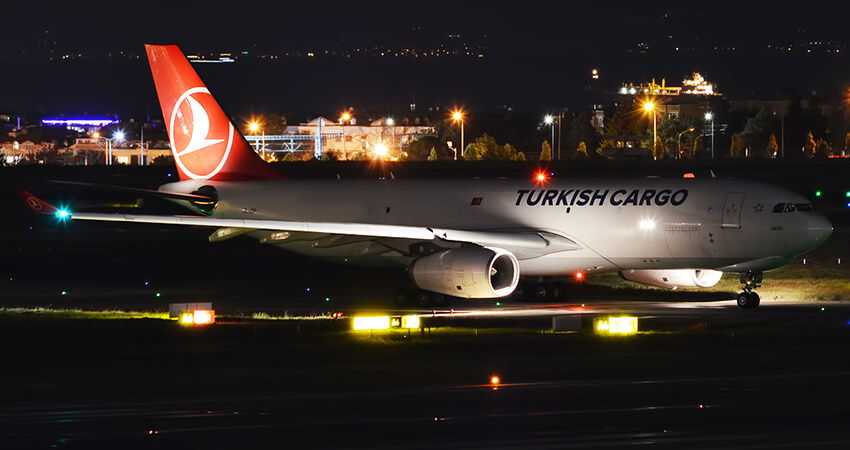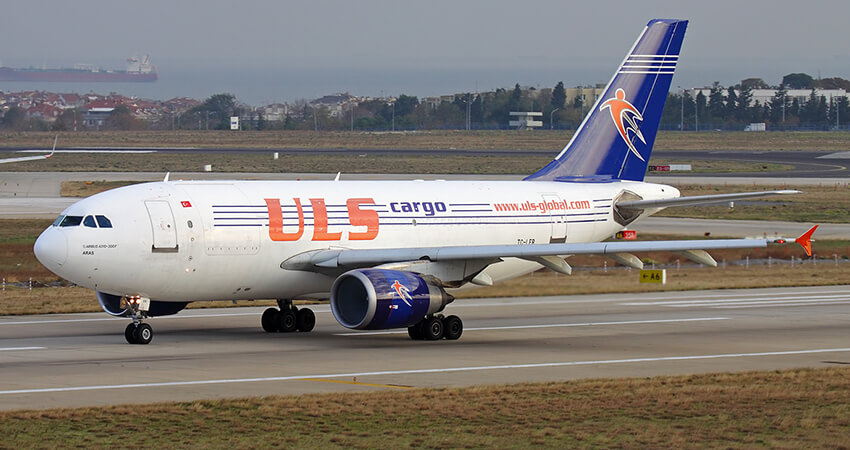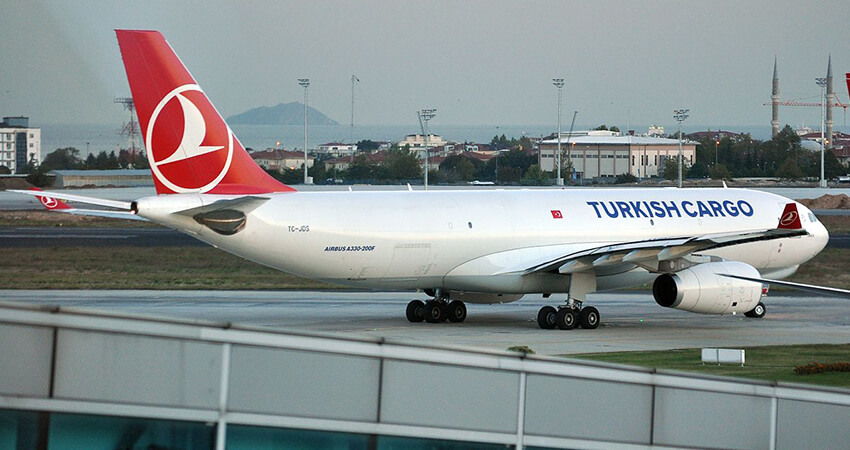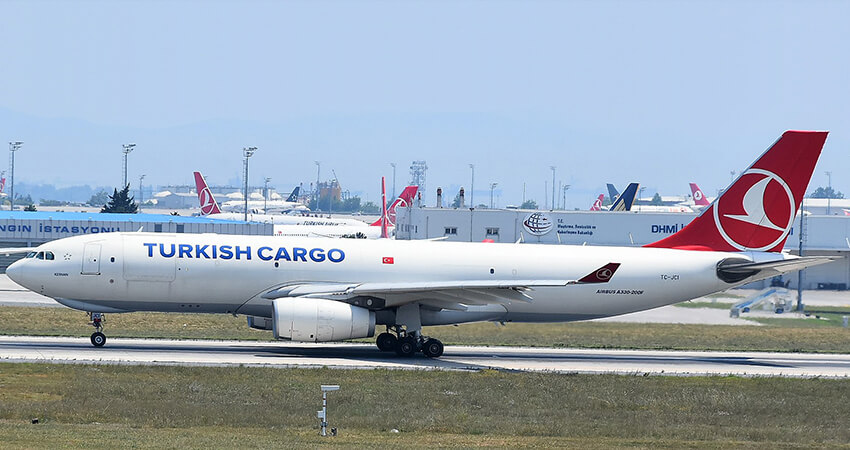Eastern Europe has experienced tremendous changes in the past 20 years. Also in the last 30. Therefore, cargo transportation has changed significantly and has been accompanied its economic, political, and social changes. Here we review some of the most important cargo hubs in Eastern Europe.
The end of communism and entry into the European Union marked a fundamental change for many countries in the region, including some former Soviet republics. The War in Ukraine has changed the trade relationship of many of these countries, including hindering Russia’s trade with Western Europe.
One of the delicate issues here is precisely the freight forwarders in Russia. Due to the war and the limited available information, this country will be analyzed separately. The same airline Aeroflot, Russia’s main airline, has not published its 2022 statistics on its website.
Cargo Transport in Turkey

In the Eastern European region, the standout is Istanbul. The airport of Turkey’s economic capital is the main hub of Turkish Airlines for cargo. Its privileged position, between Europe and Asia, gives it a prime place in global trade and air cargo.
In 2022, Istanbul handled 1.4 million tons. This figure places it fifth across Europe and among the top ranks globally.
This airport leverages its location on the map, in a place that serves excellently as a connection between Europe, Africa, Asia, and even America. Its geographical position makes it an exceptional midpoint. The bicontinental city (part of Istanbul is in Europe and the other in Asia) is suitable for this. Turkish Airlines’ network, which employs the same criteria for passenger flights, significantly fuels this successful case of a cargo hub in Eastern Europe.
The Russian Case

It is tough to obtain reliable data regarding what is happening in Russia and the impact of Western sanctions imposed following the onset of the War in Ukraine. However, due to its size and the relationship it still maintains with other parts of the world, Russian airports continue to handle thousands of tons of cargo.
The most important of them is Moscow Sheremetyevo Airport, which reportedly handled around 400,000 tons in 2021.
Although there are no recent official statistics, the most updated ones make it clear that the next airports with hundreds or tens of thousands of tons of cargo are the other two in the Russian capital. These are Domodedovo and, to a lesser extent, Vnukovo. Then it would be the turn of St. Petersburg, but with much less traffic.
With its vast geography and complex climate, Russia could have a very promising field to further expand its cargo transportation. For that, it would probably need to end the conflict with Ukraine and with the entire West. But the outlook seems promising.
Other Cargo Hubs in Eastern Europe

Eastern Europe itself also has some airports with significant traffic. Although they lag far behind major hubs like Istanbul or, beyond current circumstances, Moscow, they are of great regional importance.
According to official statistics from the European Union, Helsinki Airport transported nearly 160,000 tons in 2022.
A figure that may be small compared to the volumes of other regions or China, but it is still very considerable. The terminal in the Finnish capital surpasses airports like Barcelona, Dublin, or Rome, within the European Union.
Also among the top 20 most important airports in the European Union is Budapest Airport. With 133,000 tons in 2022, it enters among the top 20, growing by 6% amid a period when the vast majority of airports were showing signs of decline. Moreover, it is practically the only cargo airport in the country.
Some cargo hubs in Eastern Europe explain some significant cargo volumes. For example, Poland moves around 200,000 tons annually, mainly through its capital, Warsaw, which accounts for more than half of the shipments. Katowice, the next on the Polish national list, practically completes the statistic.
Among the smaller countries, there are some striking cases, more because of the relationship with the size of the territory than the total volume. Thus, the Czech Republic stands out, with over 70,000 tons. As in other cases, the capital, Prague, accounts for over 60% of the total cargo.
Finally, four small countries stand out with large volumes: the Baltic republics (Latvia, Lithuania, and Estonia) and Cyprus. The Mediterranean island (Larnaca Airport), Latvia (Riga Airport), and Lithuania (Vilnius Airport) handle around 20,000 tons, a figure comparable to countries like Bulgaria or Slovakia. Estonia, meanwhile, has slightly less cargo, with around 10,000 tons transported from Tallinn, a load higher than that of Croatia and just below Slovenia.
Vilnius, Riga, Ostrava, Bratislava, Helsinki, Rzeszów, Warsaw, Athens, Budapest










